The role of a creative producer is essentially one of empowerment. It is a role that gives creatives space to do what they do best: create. As a creative producer who used to be solely a theatremaker I found that relying on my own knowledge was too limited to be creating meaningful theatrical experiences. I realized the most successful way for me to grow enough as a person and as an artist was to engage with the mentors in my life who have artistic practices and life experiences that are vastly different than my own. Mentorship is one of many tools that underrepresented groups of culture makers, like me—a cisgender, gay, Latino, 1.5 generation citizen in my late twenties—need to help “legitimize” our skills, and by extension our place, within the ecosystem of the cultural sector.
I would define many of the pivotal moments in my career by my relationship with someone that I consider a mentor to me. When I was approaching graduation from my undergraduate degree, the former director of theatre programs for the National Constitution Center, Nora Quinn, came to speak to our class. I got to talk to her one-on-one which made me pursue the opportunity to work with her. A few years later I found myself working as her intern for a year where I learned so much about producing, company management, and visitor engagement. To this day she is still someone that I rely on to help me navigate career opportunities and my professional path.
My experience with Nora Quinn led me back to my college where I now speak to rising graduates about my experience in the field in hopes of serving as a mentor for them. It is one of the most gratifying parts of my year. I feel empowered to continue passing on my knowledge when graduates reach out to me and ask to speak further about my career path or to ask for professional connections. You can imagine how thrilled I was to find that CIPA is an entire community of like-minded individuals who, similarly, have thrived through various mentorship experiences. Deciding to join this community of creative practitioners who are figuring out how to learn from each other’s experiences was an easy decision for me. As a creative producer and a member of CIPA, I value opportunities to build community by actively bridge the gap between two of CIPA’s core values, mentorship/empowerment and cultural equity, because they have been core building blocks of my own success.
CIPA creates mentorship and empowerment through our work towards building a better future. We develop a diverse and inclusive community of independent and creative producers at all career stages who can create meaningful contributions to the alliance and the field by abandoning traditional hierarchical structures in favor of a collective learning model. The best ideas are the ones we come up with together by tapping into our collective knowledge and experience. One way we achieve this is by advancing cultural representation in our field in order to honor and support voices with diverse perspectives. We resist historically oppressive institutional structures and continually work to uncover and mitigate inequities in our practices—this we value as cultural equity.
The intersection of these two values is undeniable. Mentorship and empowerment are a central part of how we operate; they are the “what” of our mission. Cultural equity is the “why” that drives our decision-making, the structure of our meetings, the ways in which we work together, and how we hope to change our field.
Working through the COVID-19 global pandemic has seen many industries adopt new ways of working and the cultural sector is no different. When I first joined, CIPA members were actively discussing what it meant to be a producer in these pandemic times and why there has never truly been formalized support for the role of the producer. As we were having these conversations in the United States, I was interested in hearing what was happening internationally around these topics. Did international creative producers also feel like they were lacking support during these times?

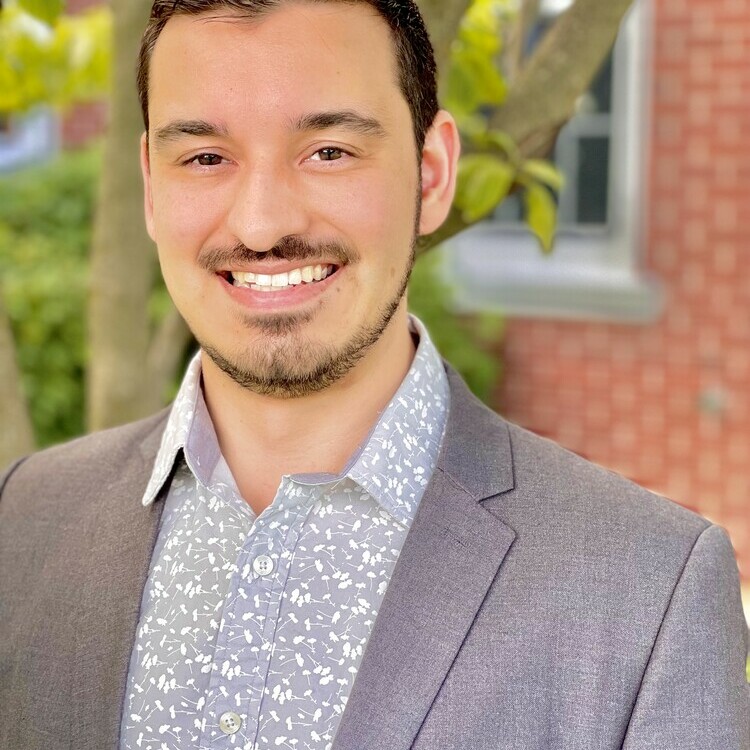
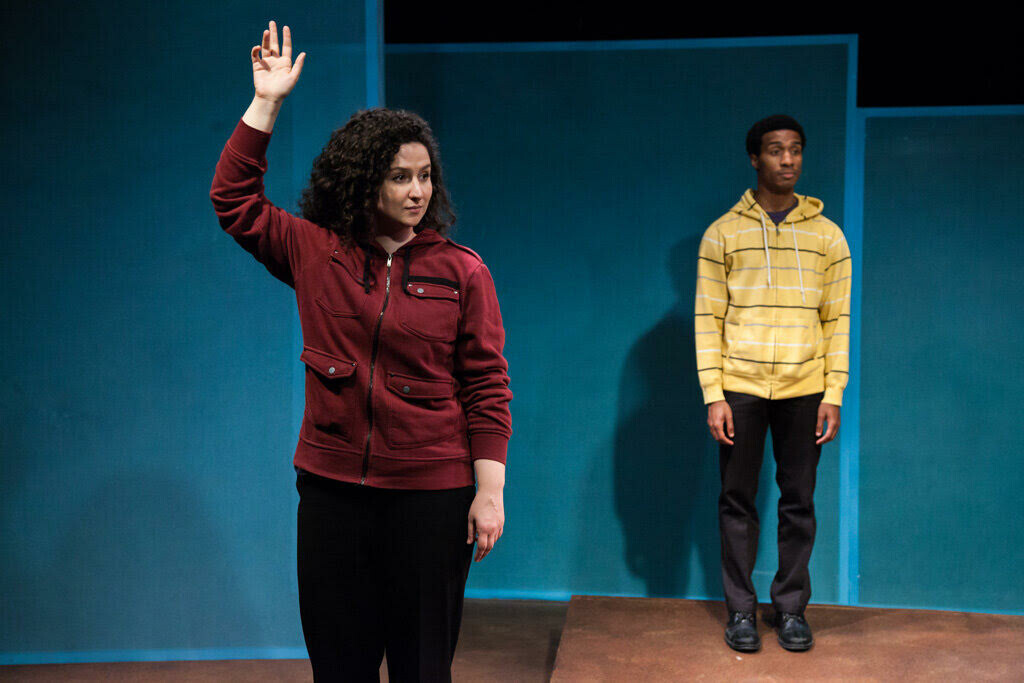
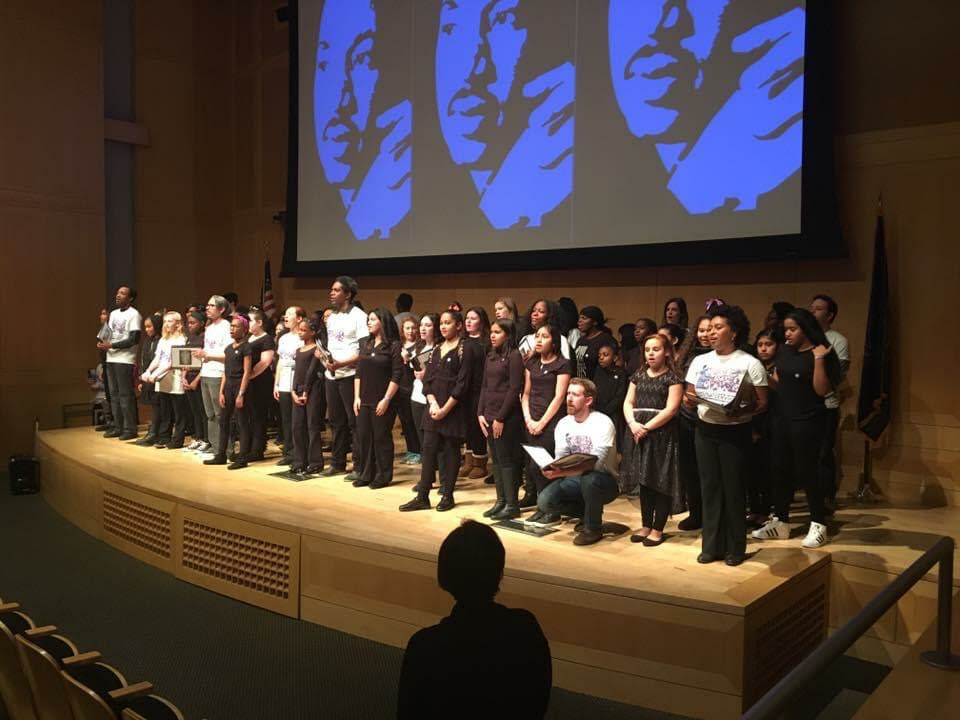
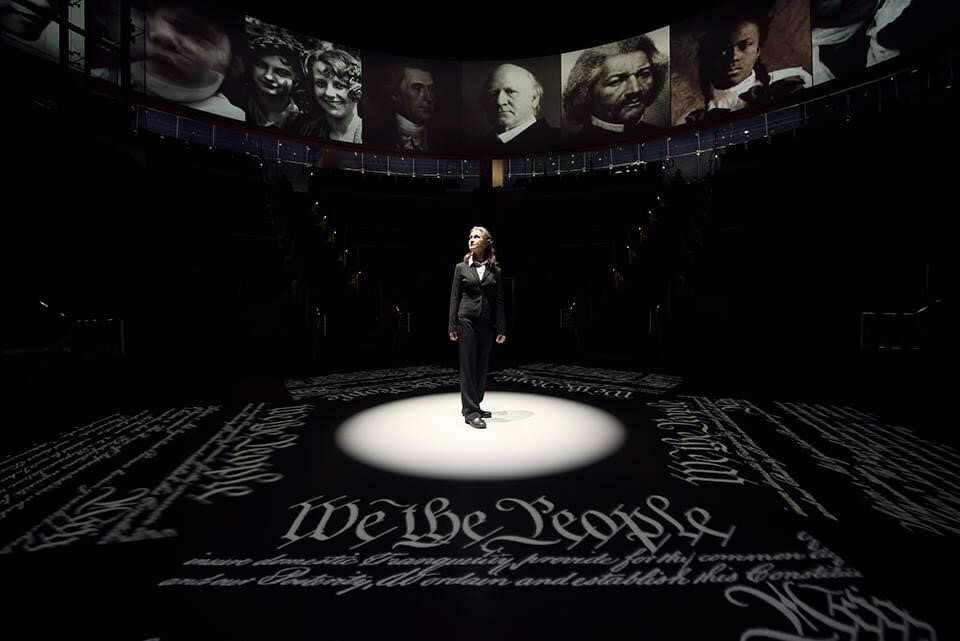
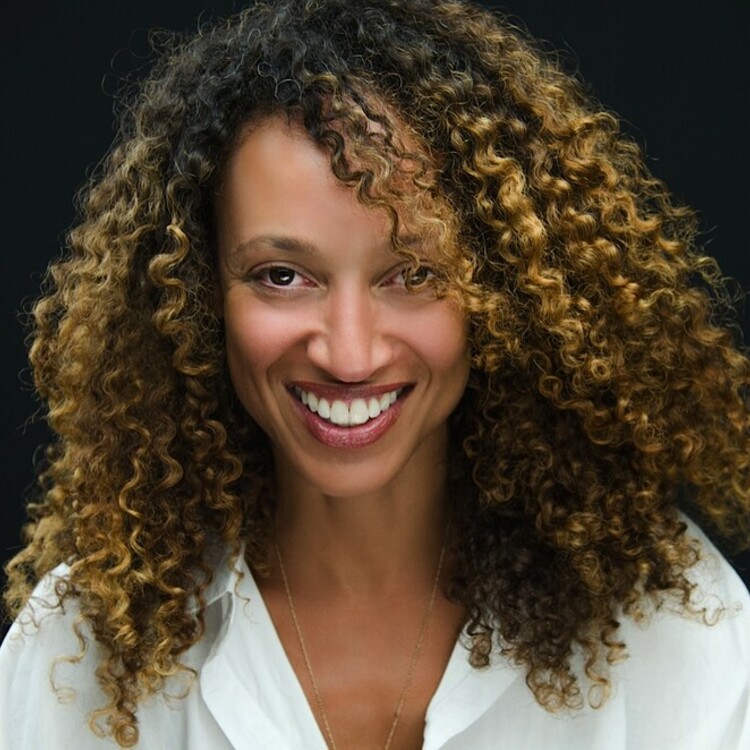
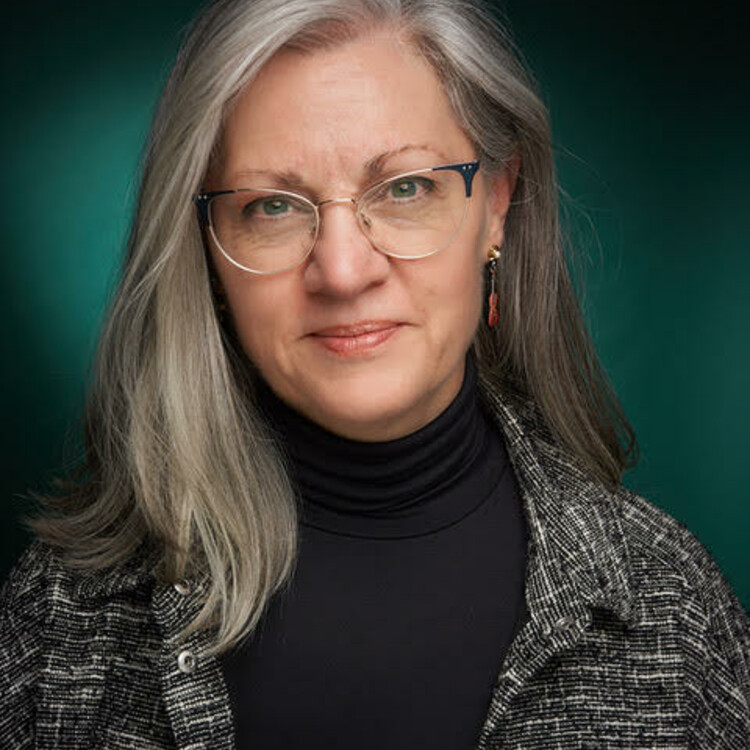
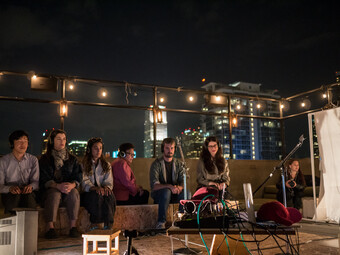





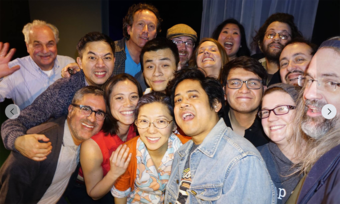
Comments
The article is just the start of the conversation—we want to know what you think about this subject, too! HowlRound is a space for knowledge-sharing, and we welcome spirited, thoughtful, and on-topic dialogue. Find our full comments policy here